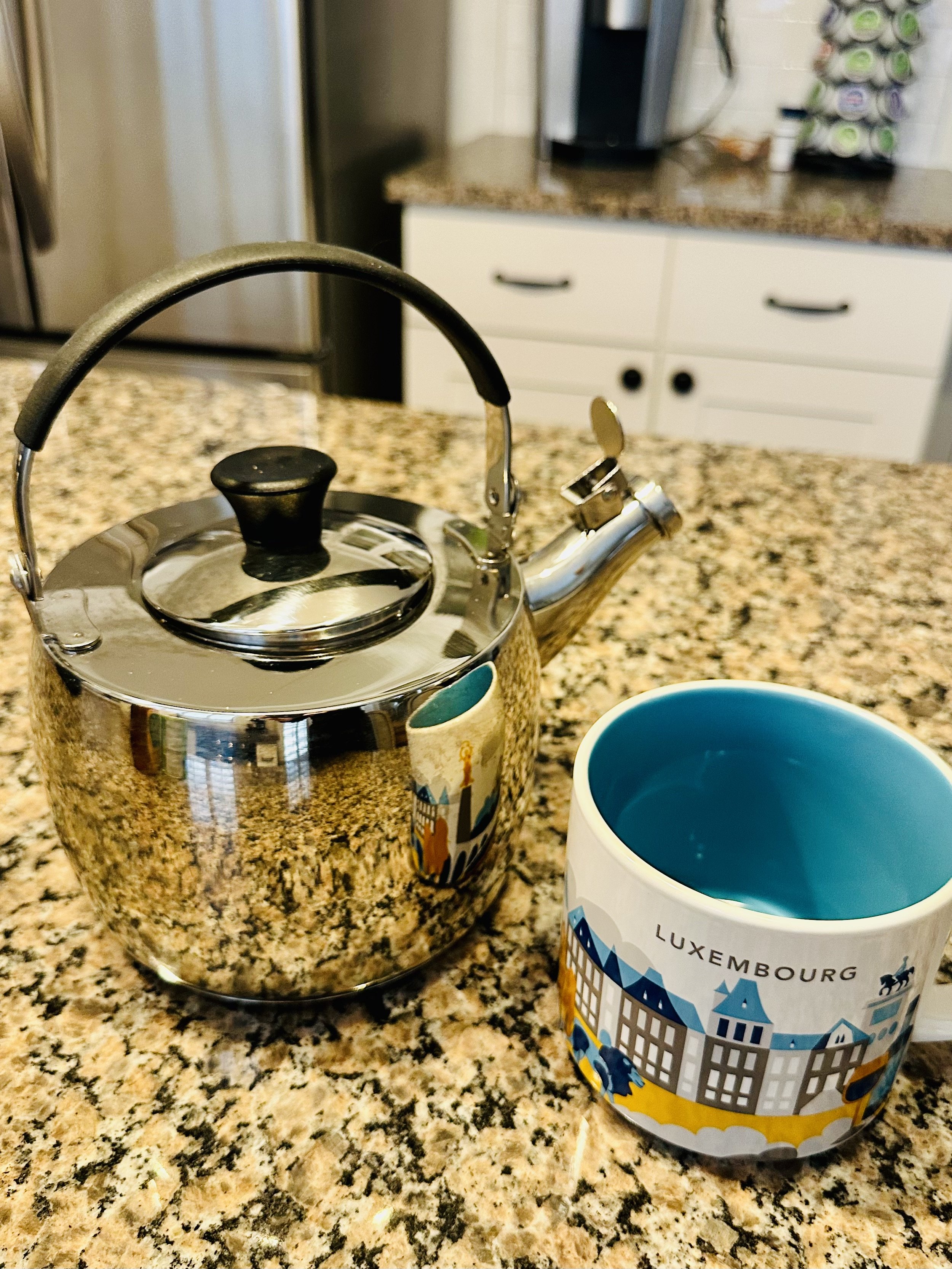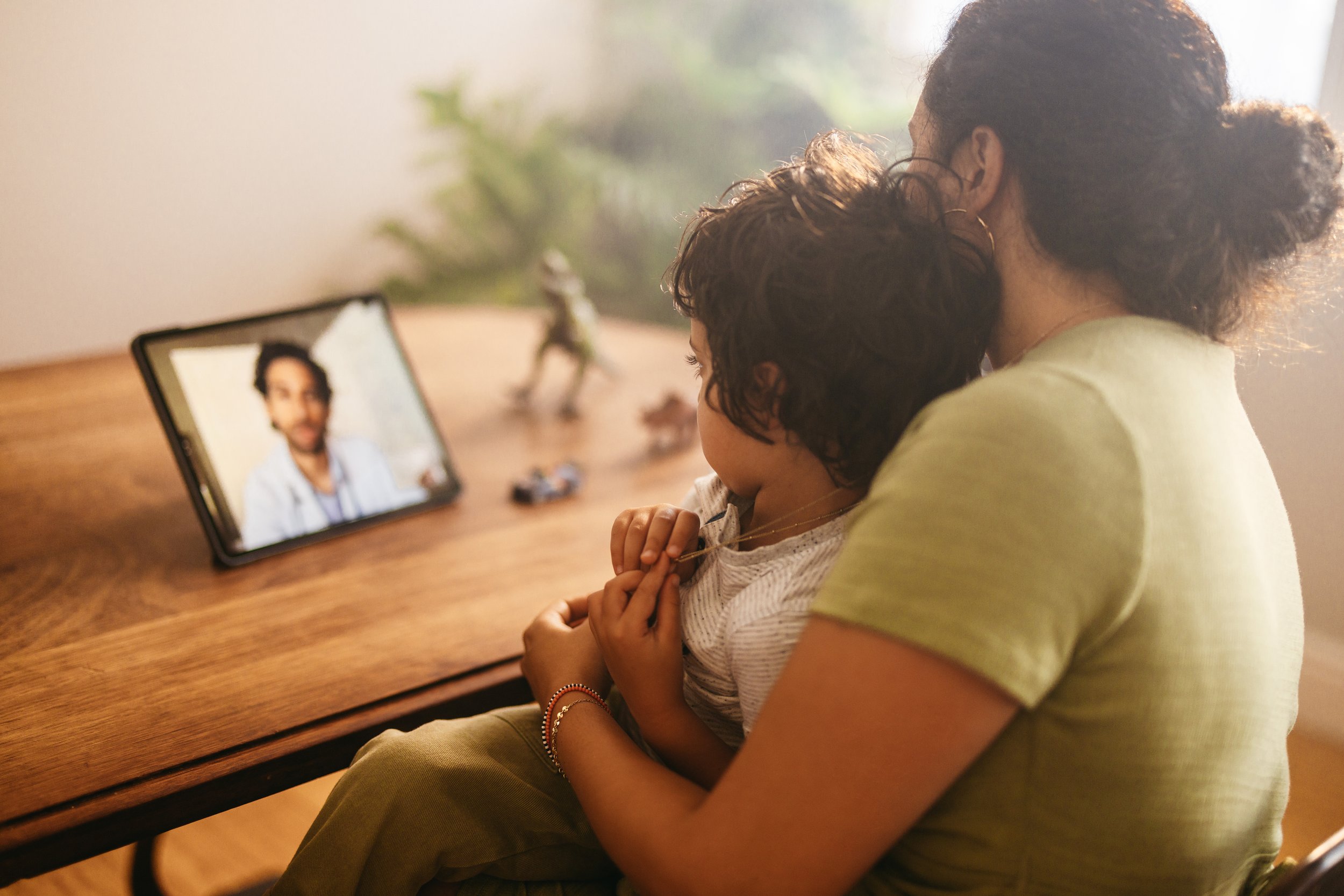
Guest Lecture at University of Georgia
This past week, I had the privilege of guest lecturing for the Voice Disorders class at the University of Georgia. It was an incredible experience to engage with such bright students and share insights into professional performance voice.

Why is hydration so important for the voice?
Singers and professional voice users know that hydration is incredibly important in order to keep their voices in tip top shape. You can spot a singer a mile away. They’re the ones who are bundled up in the cold, with a wool scarf wrapped around their throats and a huge water bottle in hand. But why is drinking water so important for a professional voice user???

What is vocal Cord dysfunction?
Vocal Cord Dysfunction (VCD) is a condition where the vocal cords close during inhalation. VCD is sometimes referred to as Inducible Laryngeal Obstruction or Paradoxical Vocal Fold Movement.

why gargle?
Gargling water or salt water can actually help cleanse oral pathogens (microorganisms that can cause illness) from the mucosa in your throat.

How can i keep my voice healthy?
Occupational voice users - singers, teachers, and salespeople - use their voices to earn a living. Illness, injury, or even bad vocal habits can change the quality of the voice, impacting a person’s ability to do the work he or she loves.
Speech language pathologists who specialize in the care of the voice often counsel their patients on vocal hygiene in order to help them learn how to stay in tip top shape vocally. These recommendations could be dietary or behavioral. For example, habits like throat clearing or whispering can be damaging to the vocal folds. Eliminating these “behaviors” from your vocal use can be a huge game changer for your vocal health.
Singers and professional voice users should think of themselves as “vocal athletes”. Wendy LeBorgne and Marci Rosenberg discuss vocal health and fitness in their book, The Vocal Athlete. Through this book singers can learn about the impact of habits that are harmful to the voice as well as the benefits of voice therapy in getting a singer or occupational voice user back to optimum performance.

Children learn language little by little. As they acquire world knowledge, by going to the neighborhood playground or the grocery store with you, they also acquire word knowledge.
While no two children are the same there is a general timeline in which most kids are able to say “buh” or “mama”. By 18 months a typically developing toddler will use a combination of sounds and syllables and be able to say about 10 words. By 24 months she’ll be able to name at least 50 different things like “sock” or “doggy”, utter two-word phrases such as “all gone”, and follow two-step directions. At three years old, she’ll be able to retell a story from the princess movie that you watched together on Friday night.
Fast forward to the year between preschool and kindergarten and your four-year-old’s use language will have evolved immensely! By this time you would expect to hear your child use grammatically correct sentences. While she might have some difficulty pronouncing later developing consonant sounds like /l/ and /r/, you’ll understand what she’s trying to say. Your preschooler will be able to identify words that rhyme and even be able to understand the rules of a game like Candy Land. After the age of four, you will be amazed by the way your child’s ability to express herself grows in complexity as she grows.
If you do have concerns about whether or not your child is reaching his speech and language milestones later than his same-aged peers, a speech-language pathologist (a.k.a. SLP) can be a wonderful resource. An SLP is qualified to conduct a comprehensive speech-language evaluation to identify your child’s areas of strength and weakness and provide you with information regarding age-related norms for speech and language development. This data empowers you to then make an informed decision about whether or not your child would benefit from speech therapy.
There’s so much to think about when you’re a parent and you can’t know it all. Regarding language and speech, an SLP can provide you with evidence-based answers so that you don’t have to wonder whether or not your child needs speech therapy.

What is teletherapy?
Teletherapy allows our clients convenient access to speech and voice therapy through a secure HIPAA-compliant digital platform called Simple Practice.
